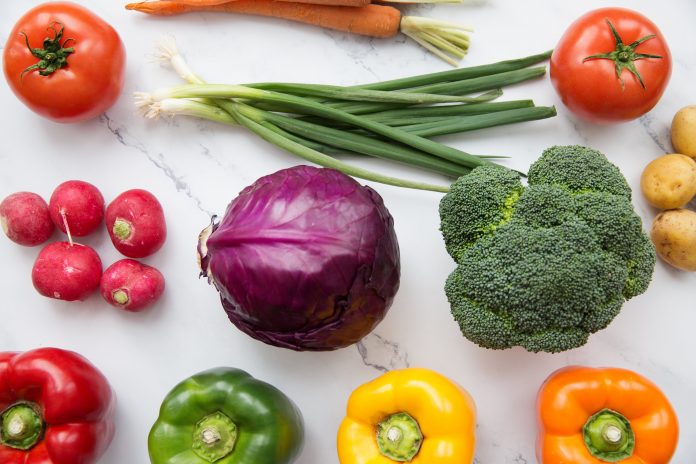The rising concern around sustainability has seen more and more consumers looking to make planet-friendly choices in their daily lives. This trend has been seen across all sectors, with consumers buying organic, fair-trade, and cruelty-free products, from food to beauty, in greater numbers. Reports from the Soil Association have found that the UK’s organic market is now worth a whopping £2.45 billion, following a growth of 4.5% in 2019. Consumers are clearly ready to buy organic wherever they can, and a few key unexpected sectors have begun to capitalise on the trend.
Ethical and eco-friendly food
Food is perhaps the first thing that comes to mind when the word ‘organic’ is mentioned, and as veganism and sustainability rises, so too does the market for organic produce. Now, an increasing number of shoppers are concerned about where their food comes from, and what goes into processed meals. In fact, 38% of shoppers agree that shorter ingredients lists are more trustworthy than longer ones, according to a report by Synergy. Shopping organically drastically reduces the number of chemicals that come into contact for your food, including “man-made fertilisers, pesticides, growth regulators, and livestock feed additives”.
It’s also been found that customers are more aware and concerned about the ethical practices of the companies who manufacture their food, particularly regarding animal-based products. The Soil Association has found that shoppers are looking at organic standards when shopping for food, including where the product originated, whether it’s cruelty-free or not, and the environmental impacts of its production. From shopping for fruit and vegetables to organic, fresh eggs, and ethical farming practices for meat, more British shoppers are searching for eco-friendly food. This has led to a booming market for organic and sustainable produce, which savvy entrepreneurs are capitalising on. Riverford, for example, has combined the growing subscription business model with the organic trend to deliver customers regular food boxes, including meat, vegetables, and fruit, depending on the box.
‘Clean’ and natural beauty
Much like with food, consumers are looking to natural products in all aspects of their lives, including health and beauty. According to research completed by Kantar in 2019, vegan cosmetics are worth £29 million in the UK, while “‘truly natural facial skincare’ is growing at 81%”. However, customers who opt for natural products should consider going organic in order to get the maximum benefits available. As Original Organics explain, organic health and beauty products “reduce the number of chemicals that individuals will come into contact with every day”, thus cutting the potential to cause any dermatological issues, and even cancer, in extreme circumstances.
Over the past few years, the demand for organic health and beauty products has risen annually, reaching an all-time high worth of £86.5 million in 2018. Now, ethically-conscious shoppers are able to bypass products with harsh chemicals and synthetic materials such as microplastics, and instead buy organic or recycled beauty treatments. Fruu, for example, manufactures natural lip balms that contain by-products of processed food waste, offering consumers a biodegradable and sustainable formula. Meanwhile, UpCircle takes the food waste from coffee grounds and chai tea spices to produce 100% natural beauty products, like coffee oil face serum and chai soap.
Social and eco-conscious alcohol
Alcoholic drinks titan, Diageo, which owns global brands such as Smirnoff, Guinness, and Johnnie Walker, reported that sustainable alcohol is a key trend for consumers. Organic wine is a particularly growing trend in the UK, with demand rising by 47% in 2019 alone. And supermarkets are gladly getting on board, offering own-brand organic tipples to make it easier—and cheaper—for customers to get hold of them. Own-brand versions include Sainsbury’s SO Organic range, Waitrose’s offering of 54 organic bottles, as well as delicious homegrown organic British vineyards.
Interest in organic wine is at such a sustained high that some studies have found that its market share is set to double in the UK by 2022, which is in keeping with the consumer trends of buying sustainable products. And this eco-friendly approach to winemaking may even help improve its taste, especially where a vineyard’s ‘terroir’ is concerned. This is the French word for the geography, climate, and geology which, combined, has a dramatic impact on the way the grapes are grown, affecting the flavour of the grape and, therefore, the finished wine. If vintners are looking to be more organic, and remove their use of harsh chemicals and pesticides, the environment and soil will likely be of a higher, natural quality, yielding a better grape. This gives customers a quality wine that’s also eco-friendly.
Find a Home-Based Business to Start-Up >>> Hundreds of Business Listings.

















































